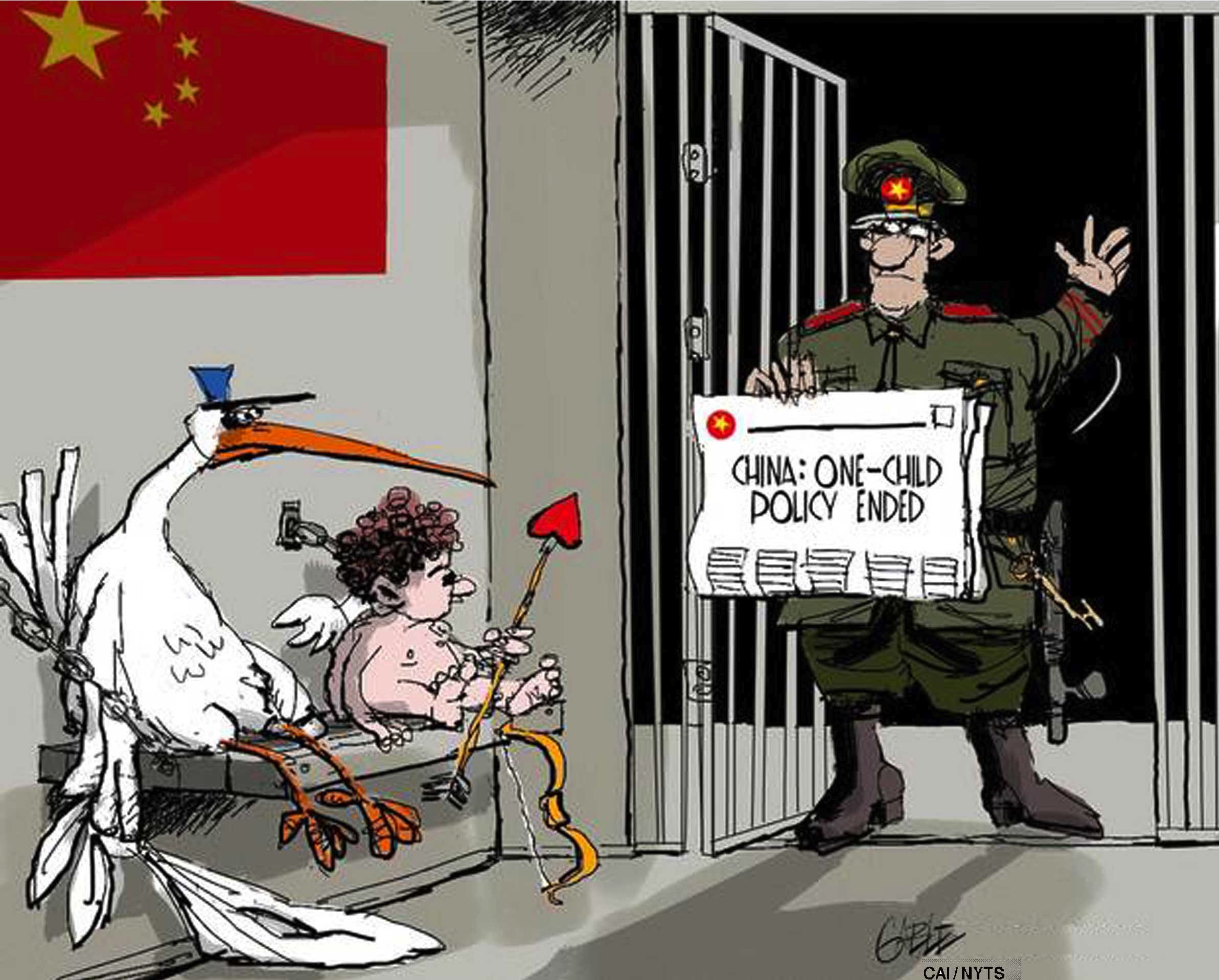The Chinese government's decision to end the decades-old one-child policy will probably complicate an already difficult situation for China's left-behind children — those left at home in rural areas when their parents migrate to cities in search of work — since it will increase their number and demands for their care. According to statistics from the All China's Women's Foundation, one in five children nationally — an estimated 61 million children — grow up without one or both parents.
Rapid economic development in many countries has forced millions of workers to emigrate from rural areas to cities in search of employment. This is particularly evident in the case of China, where over the past generation over 270 million Chinese laborers have left the country's poorer inland provinces to find work in coastal towns and cities. This is considered the largest human voluntary migration ever.
The left-behind children suffer the consequences of their parents' migration. It is estimated that 70 percent of these left-behind children don't get to see their parents annually. Only a third of the left-behind children see their parents once or twice a year, usually during the Chinese New Year, and many don't even get a phone call for a year which makes them feel unloved and isolated from their parents.

















With your current subscription plan you can comment on stories. However, before writing your first comment, please create a display name in the Profile section of your subscriber account page.